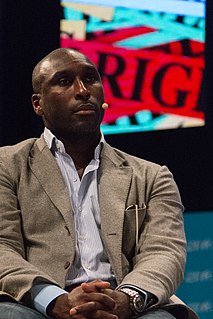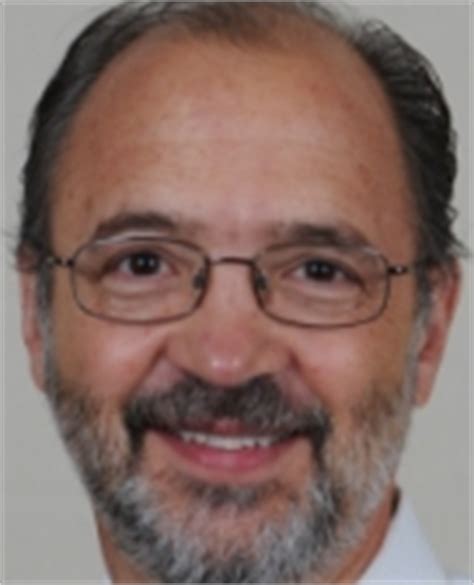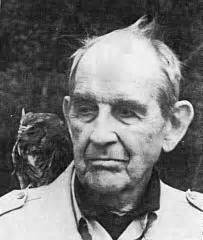A Quote by Annie Lowrey
The U.S. has fewer, stingier, more complicated, and more conditional safety nets available to people than many other advanced economies - less generous 'automatic stabilizers,' in economic parlance.
Related Quotes
Exporters monitor economic and political policies to the developing world, but the consequences of that have been to make developing countries far more sensitive to the constant fluctuations. Developing countries are not always allowed to support their farmers in the same way as the U.S. or Europe is. They're not allowed to have tariff barriers. They're forced, more or less, to shrink their social programs. The very poorest people have fewer and fewer entitlements. The consequence of this has been that there's been a chronic increase in the vulnerability of those economies to price shocks.
The basic aggregate measure of gearing or leverage is telling us that today's advanced economies' operating systems are more heavily dependent on private sector credit than anything we have ever seen before. Furthermore, this pattern is seen across all the advanced economies, and isn't just a feature of some special subset (e.g. the Anglo-Saxons).
Successful companies create value by providing products or services their customers value more highly than available alternatives. They do this while consuming fewer resources, leaving more resources available to satisfy other needs in society. Value creation involves making people's lives better. It is contributing to prosperity in society.
The world can use more light and less noise. More solvers and fewer blamers. More folks showing a better way and fewer folks complaining about how much better things used to be. More folks offering help and fewer folks wringing their hands about the problems. More hope bringers and fewer hope killers.
A little more kindness, A little less speed, A little more giving, A little less greed, A little more smile, A little less frown, A little less kicking, A man while he's down, A little more "We", A little less "I", A little more laugh, A little less cry, A little more flowers, On the pathway of life, And fewer on graves, At the end of the strife.
We pray for those who have ceased to pray. We pray for those that need prayer more than ever, that have fewer and fewer seasons even of thought, that grow hard with years, that are less and less troubled by sin, and that are more and more irreverent of religion. We pray for the children of Christian parents who sometimes weep at the memory of father and mother, but who never have thought of God.
What this country needs is more people to inspire others with confidence, and fewer people to discourage any initiative in the right direction more to get into the thick of things, fewer to sit on the sidelines, merely finding fault more to point out what's right with the world, and fewer to keep harping on what's wrong with it and more who are interested in lighting candles, and fewer who blow them out.
































